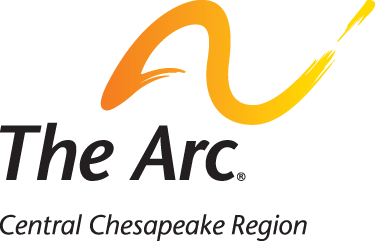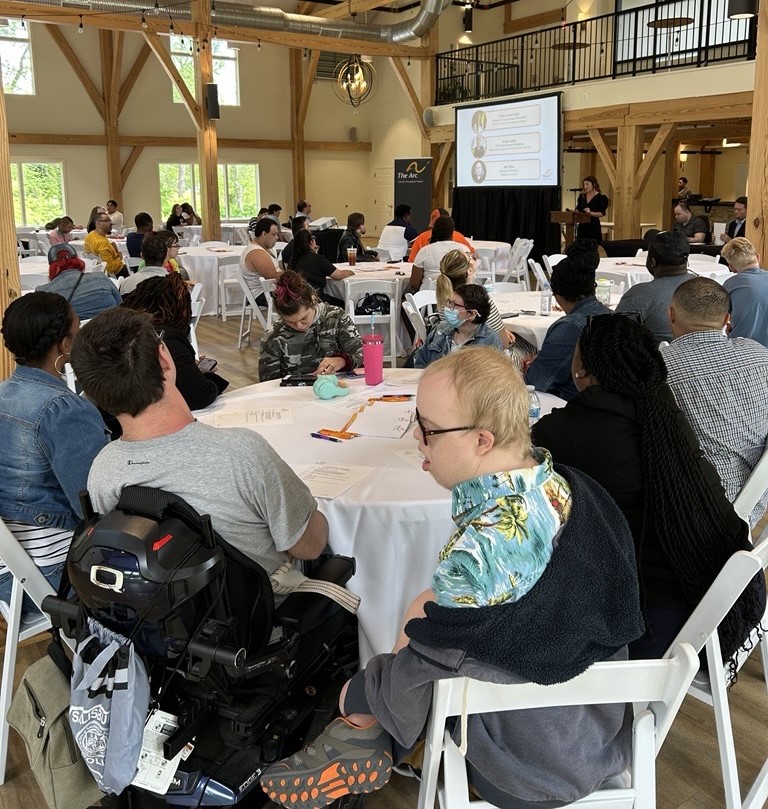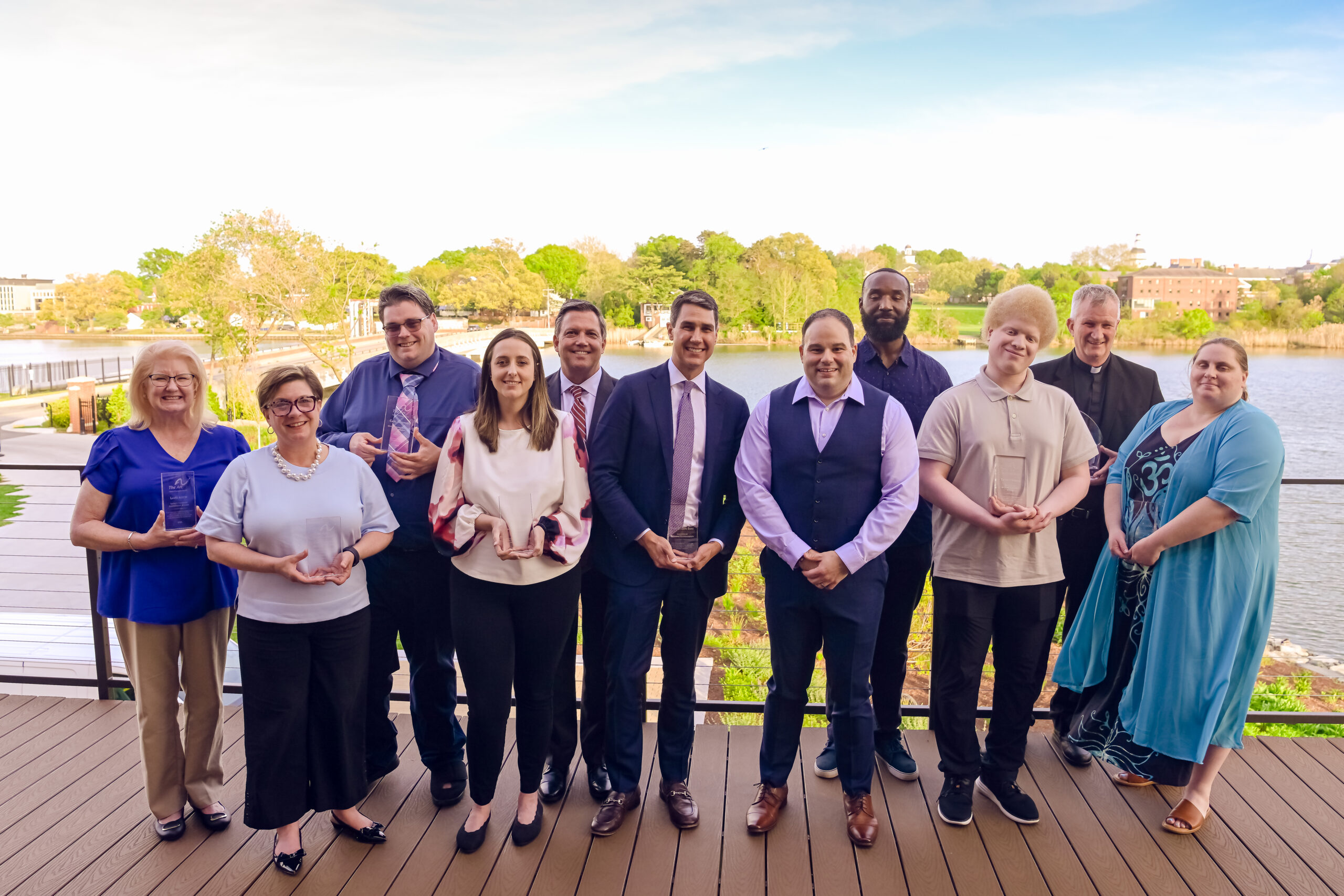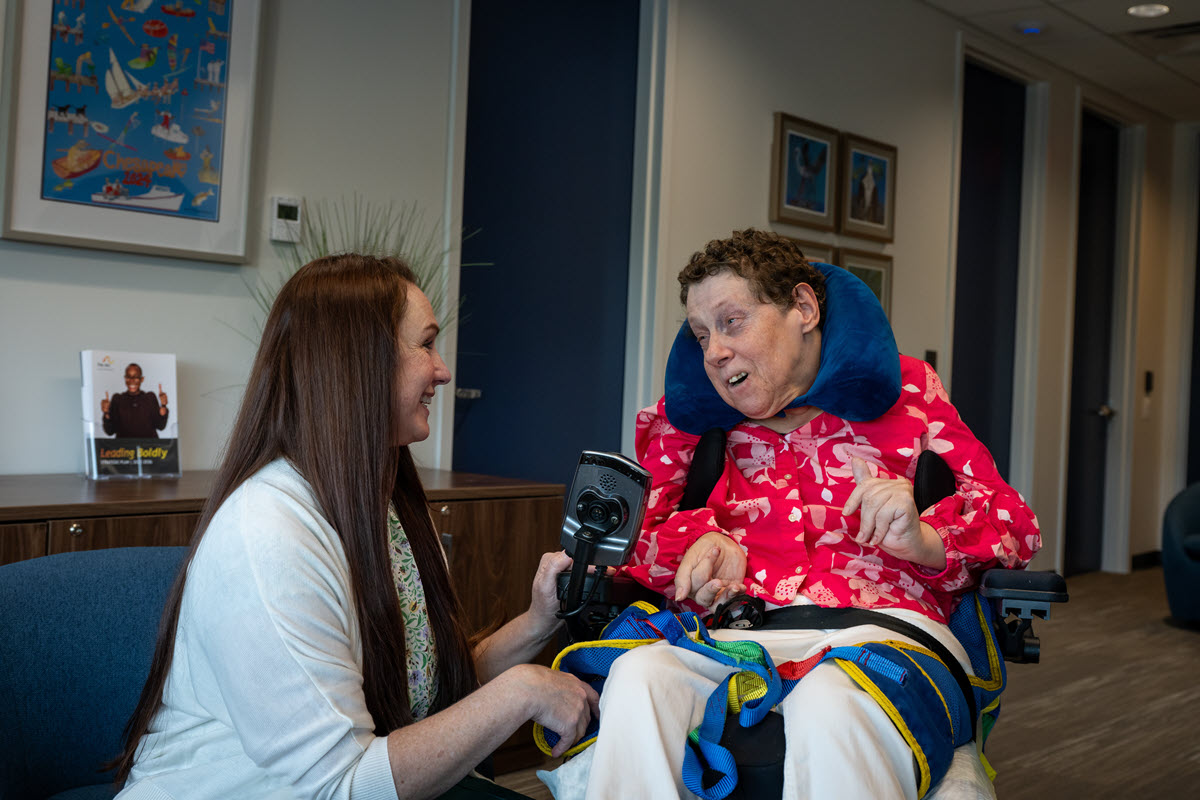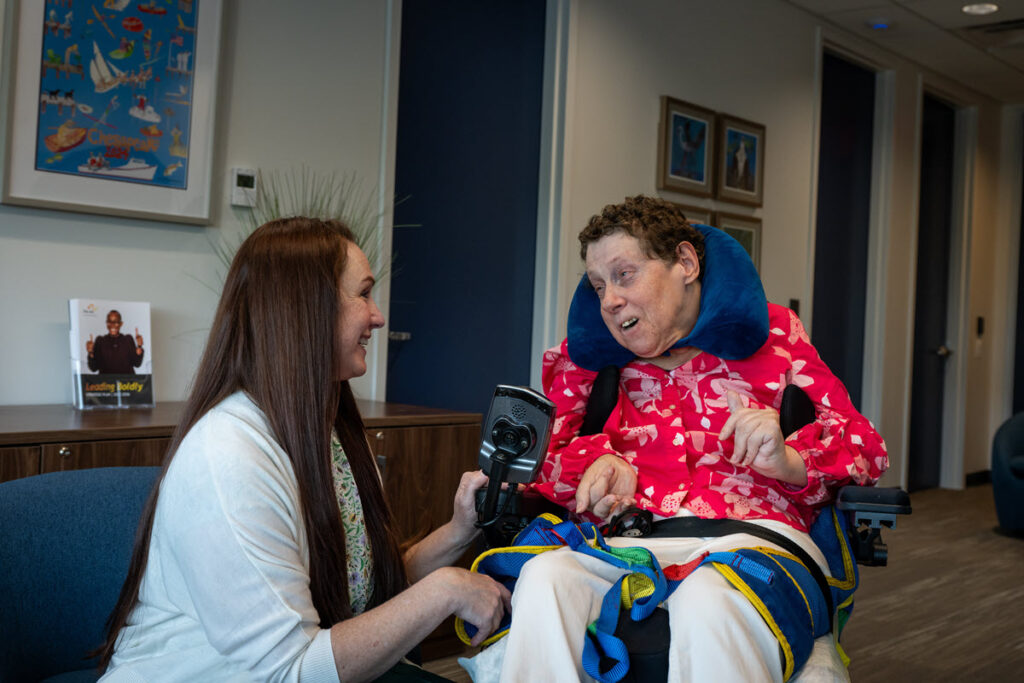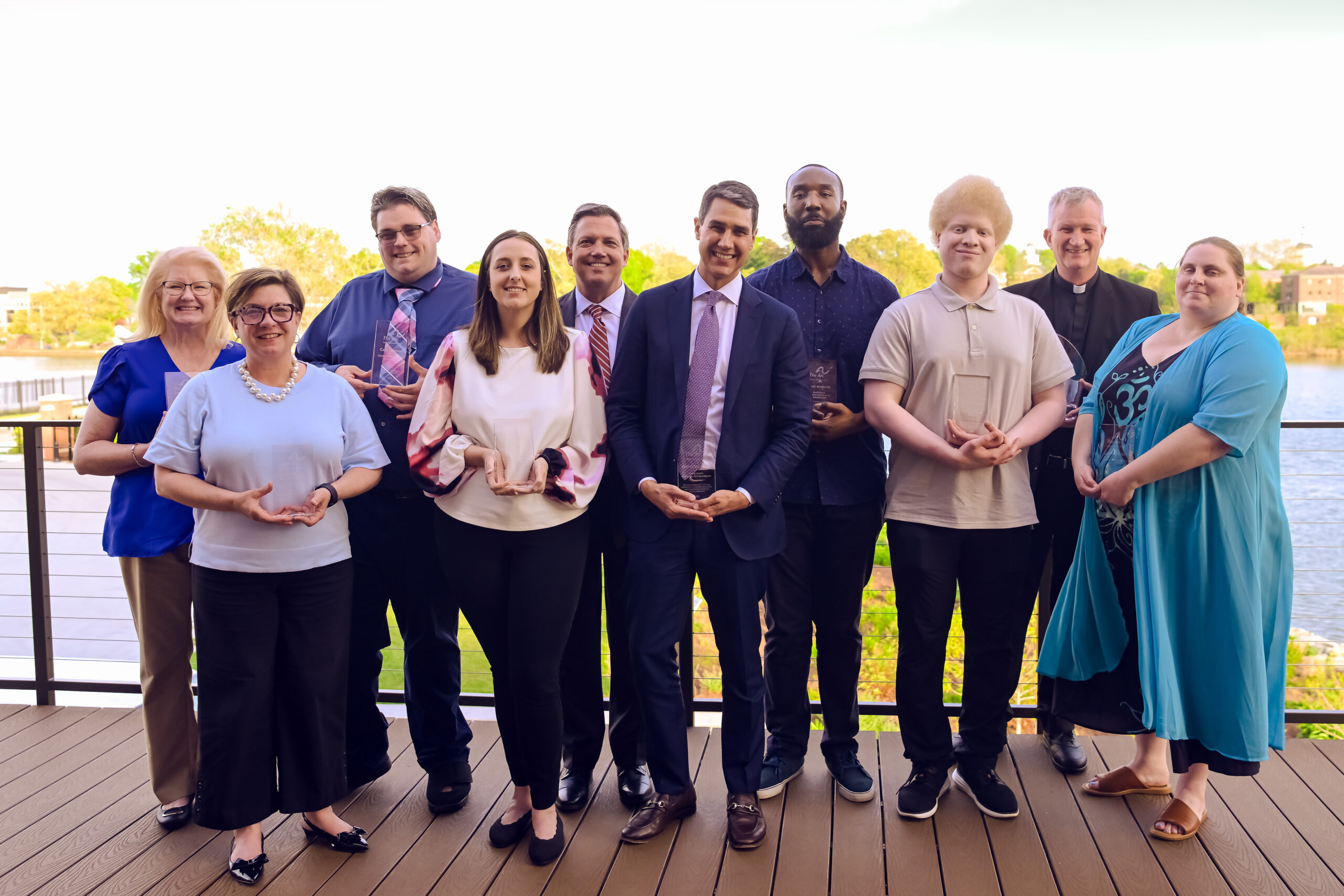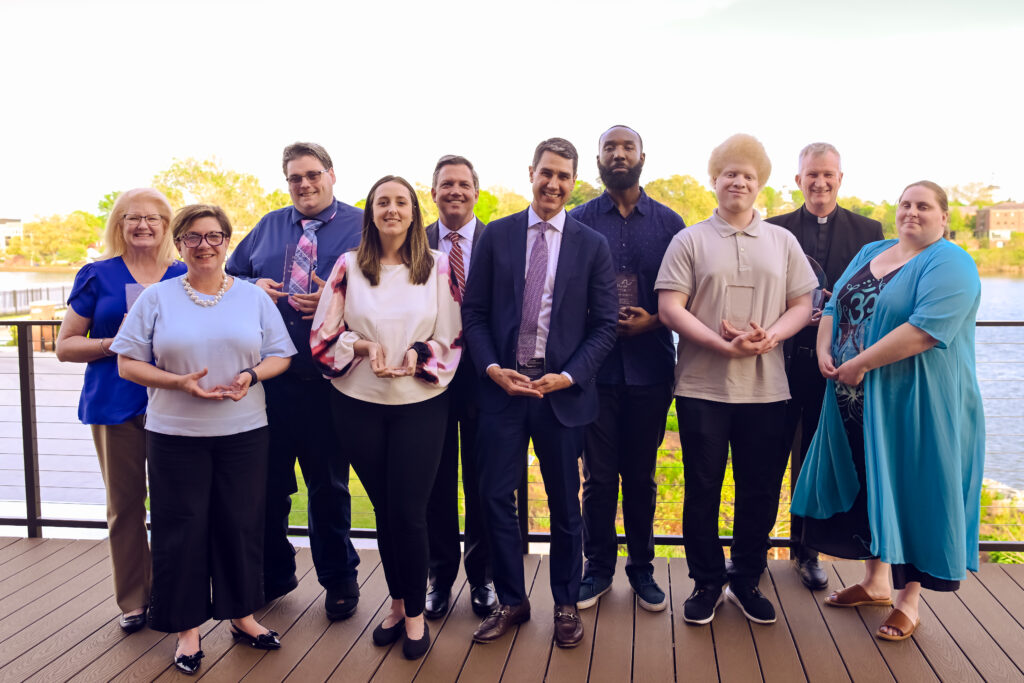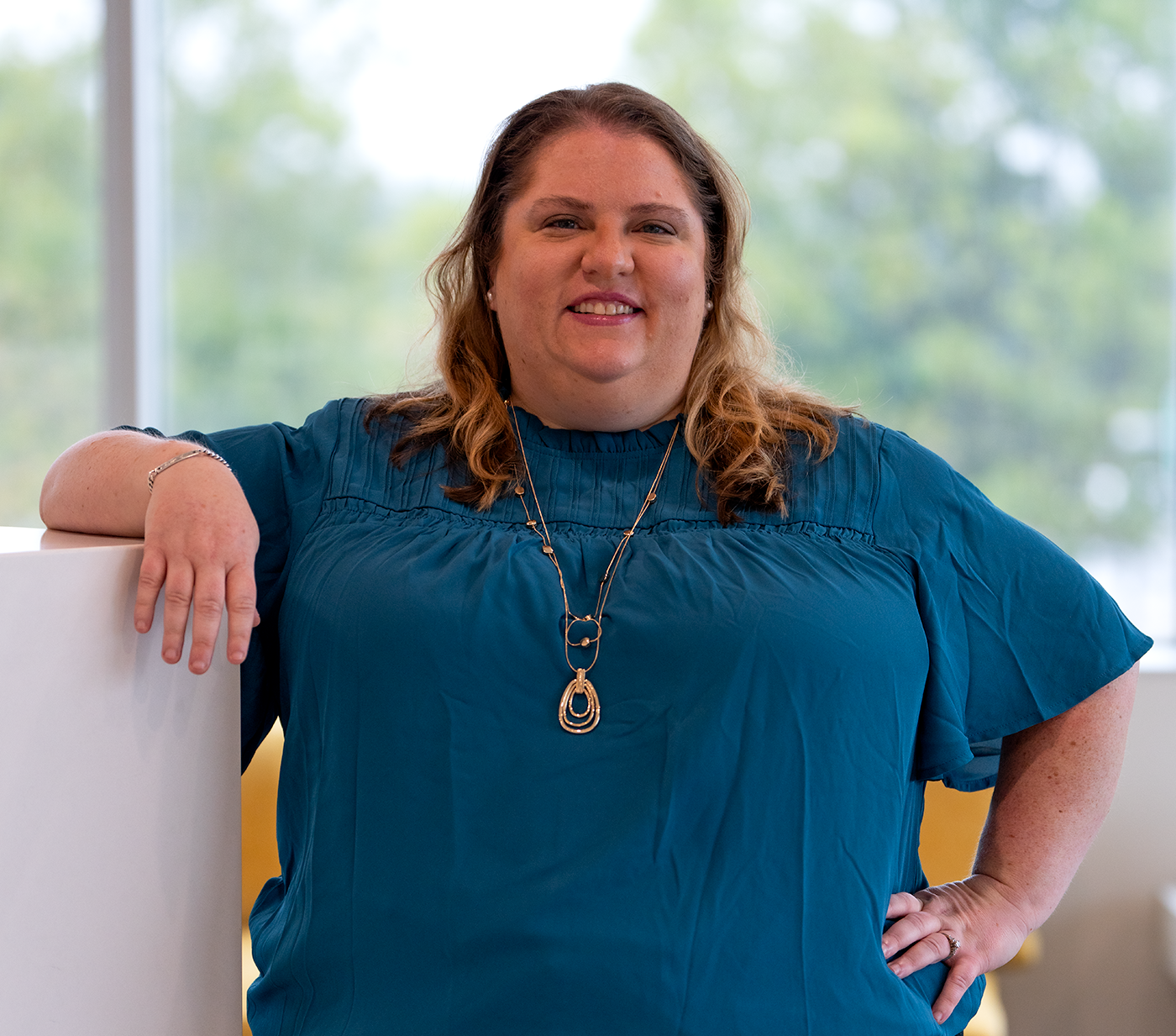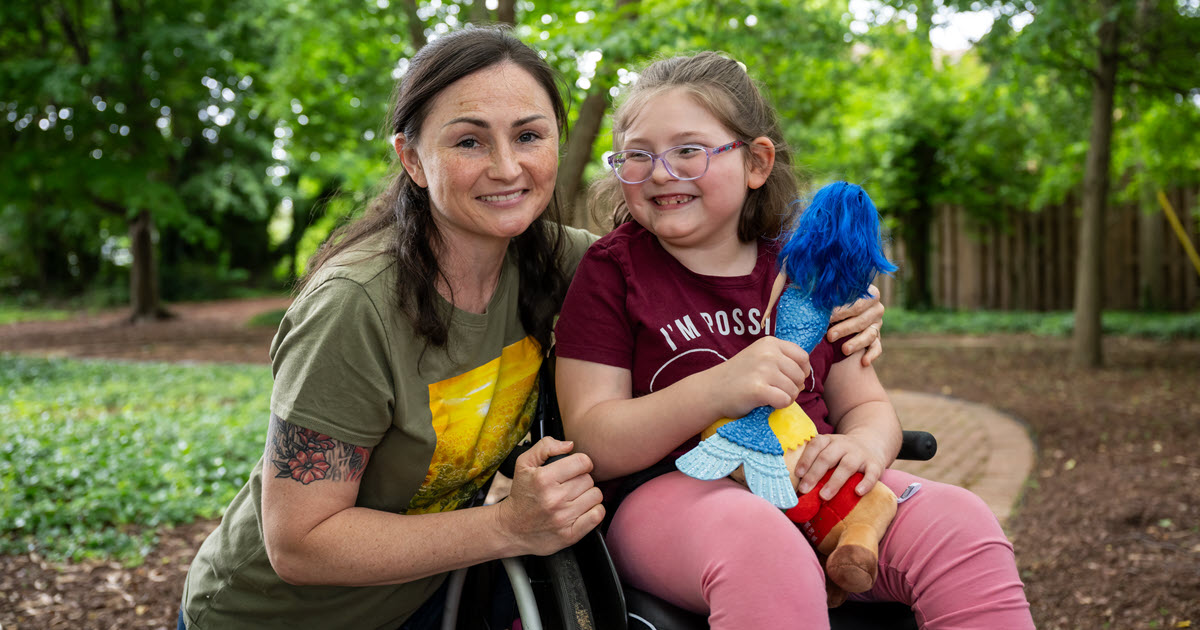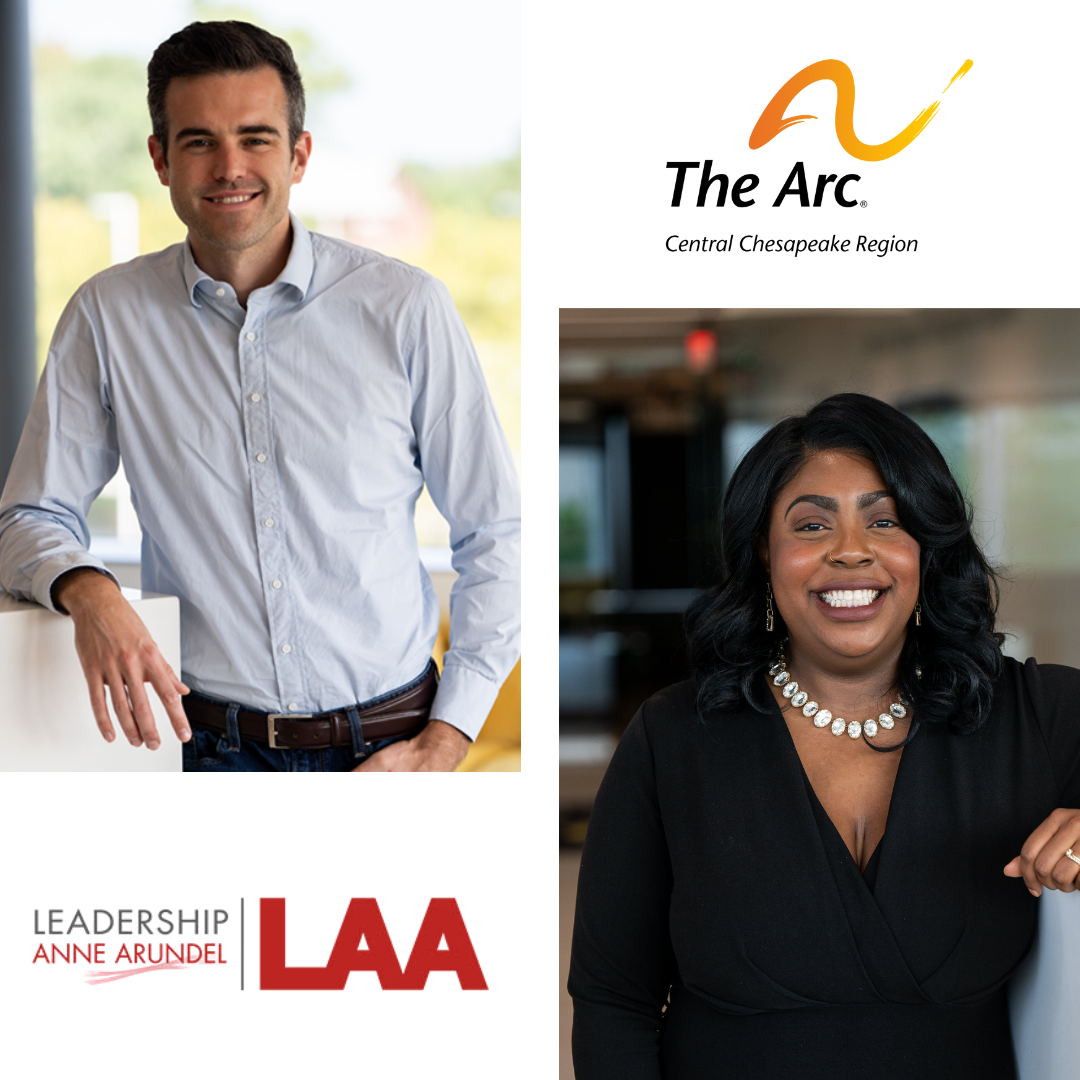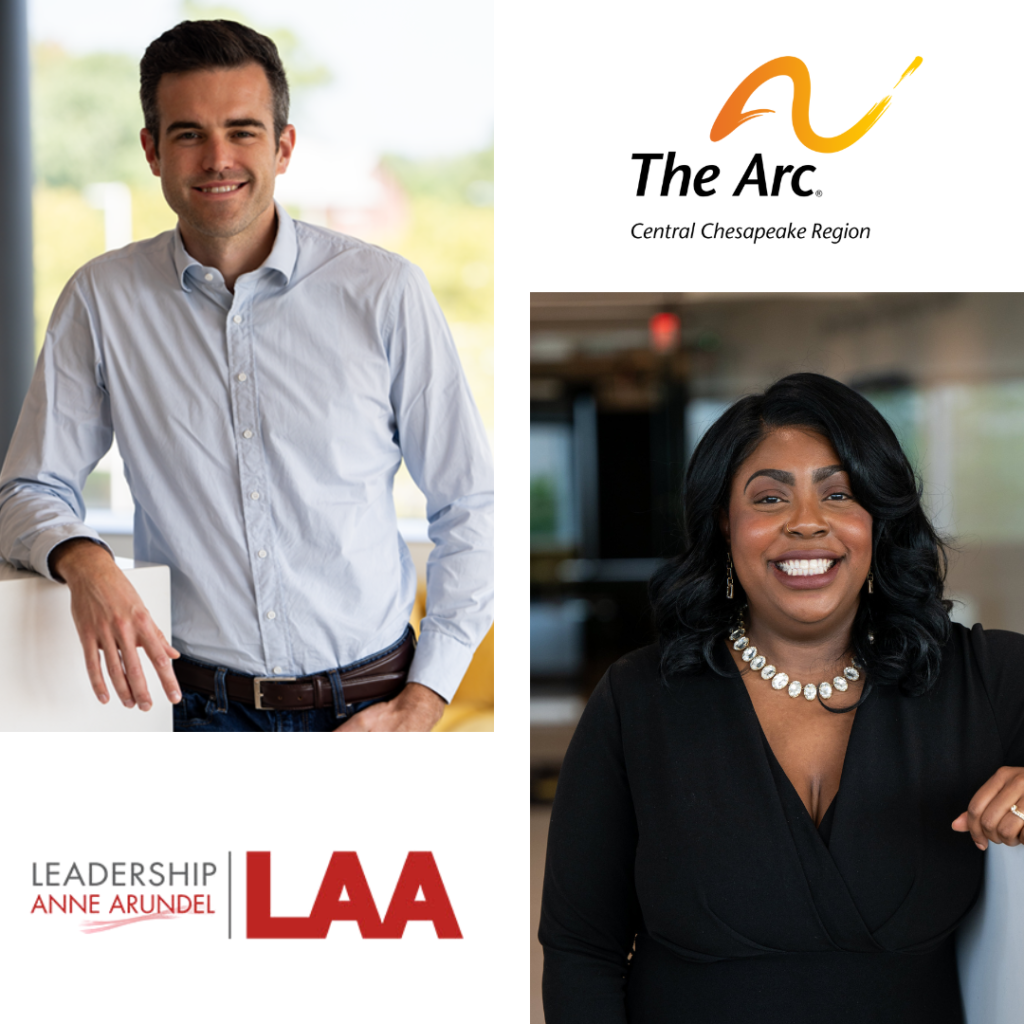On a beautiful spring morning in Annapolis, over 80 self-advocates and allies gathered for The Arc Central Chesapeake Region’s (The Arc) Living Boldly Biannual Meeting. As sunlight poured into the room, so did an energy of purpose, community, and unwavering belief in the power of self-advocacy.
What Is Living Boldly?
Advocacy has always been at the heart of The Arc’s mission. Supporting self-advocacy—when people with disabilities speak up for themselves—is a natural extension of that mission. Launched in 2022, Living Boldly is The Arc’s self-advocacy group. This is a public group open to anyone with a disability – you do not have to receive services from The Arc to participate.
At its core, Living Boldly is about standing up, speaking out, and creating change. It’s driven by people with disabilities who are leading the charge toward a more inclusive future. Living Boldly is a space to learn, grow, connect, and most importantly, act.
Living Boldly offers one chapter for Anne Arundel County and one for the Eastern Shore, each serving the needs of their communities. While each chapter has its own leadership and meeting schedules, they have the same mission: to ensure that people with disabilities are fully included, speak up on important issues, to help each other grow, and to encourage more independence.
State Legislative Recap: Victories and Vigilance
The morning began with welcoming remarks from Matt Morgan, Chief Program Officer at The Arc. He spoke about the organization’s long history of advocacy and reminded everyone that real progress happens when we work together.
“I want to thank you. You are the reason this movement continues. And I hope you leave here feeling re-energized, re-inspired, and more confident than ever in the power of advocating for yourself—and for the inclusive future we’re building together.”
Next was a panel discussion led by Rylie Shewbridge, Director of Government Relations at The Arc. Panelists included Greg Snyder, Vice President of Government Relations from the Maryland Association of Community Services (MACS), and Mat Rice, Executive Director of People on the Go.
The panel discussed key wins and challenges from the most recent legislative session. One of these wins was when the community mobilized after hearing that state budget cuts were threatening critical Developmental Disabilities Administration (DDA) funding. In just 48 hours, more than 900 people showed up for an emergency rally this last February. As budget discussions continued, people with disabilities were called to give a testimony of the impact of these cuts. The lines of people waiting to share their stories extended outside the statehouse doors. And while not every battle was won, the outcome was powerful. The final budget restores a significant portion of the proposed cuts, securing a total DDA budget of $2.7 billion with additional funding to address deficit spending.
When asked what mattered most, Mat Rice shared, “It’s important to note that for the first time in a long time, people with developmental disabilities were at the table talking to the Governor and his staff.” Mat believed one of the greatest successes was to make sure the Direct Support Professionals would be paid for the hard work they do. Greg Snyder emphasized protecting dedicated hours and including budget intent language to hold DDA accountable.
Federal Advocacy Update: The Work Ahead
At the national level, Sean Luechtefeld, Vice President of Membership and Communications for ANCOR, gave an update on the fight to protect services like Medicaid, which helps pay for long-term support for people with disabilities.
Sean explained how federal policy works and where we are in the process of considering cuts to Medicaid. He explained if these cuts happen it means longer wait times for services. The 4,000 people currently on Maryland’s waiting list maybe have to wait even longer.
But Sean also shared hopeful news: because of advocacy efforts, ANCOR has sent over 115,000 messages to lawmakers. Now, 21 members of Congress have promised not to support Medicaid cuts that would impact services for people with disabilities.
Sean encouraged everyone in the room to keep sharing stories, writing letters, and reaching out to lawmakers. “We don’t want to look back when this fight is over and wish we had done more,” Sean said. “It’s only when we think we can’t make a difference that we don’t make a difference.”
Sean gave attendees direct links to contact their representatives, and share personal stories that help legislators understand effects of their decisions. By continuing to message their representatives and tell their stories, self-advocates are showing the country that they are informed, organized, and determined to be heard.
Putting Advocacy into Action
With inspiration in the air, attendees participated in an advocacy activity by writing to state and federal leaders —they wrote thank-you notes, shared personal stories, and reminded policymakers about the importance of their work.
As the day wrapped up, Rylie Shewbridge returned to the podium with a message to close The Living Boldly Biannual Meeting on a note of hope and resolve.:
“Change is not always fast, and it’s rarely easy, but it is possible when we keep showing up, together,” said Rylie. “Thank you for being brave, for showing up, and for leading the way.”
Connect with Us
Want to get involved in Living Boldly? Learn about upcoming meetings.
Stay up to date legislative news that impacts people with disabilities by joining our newsletter and connect with us on social media where you can see pictures from today’s event.
